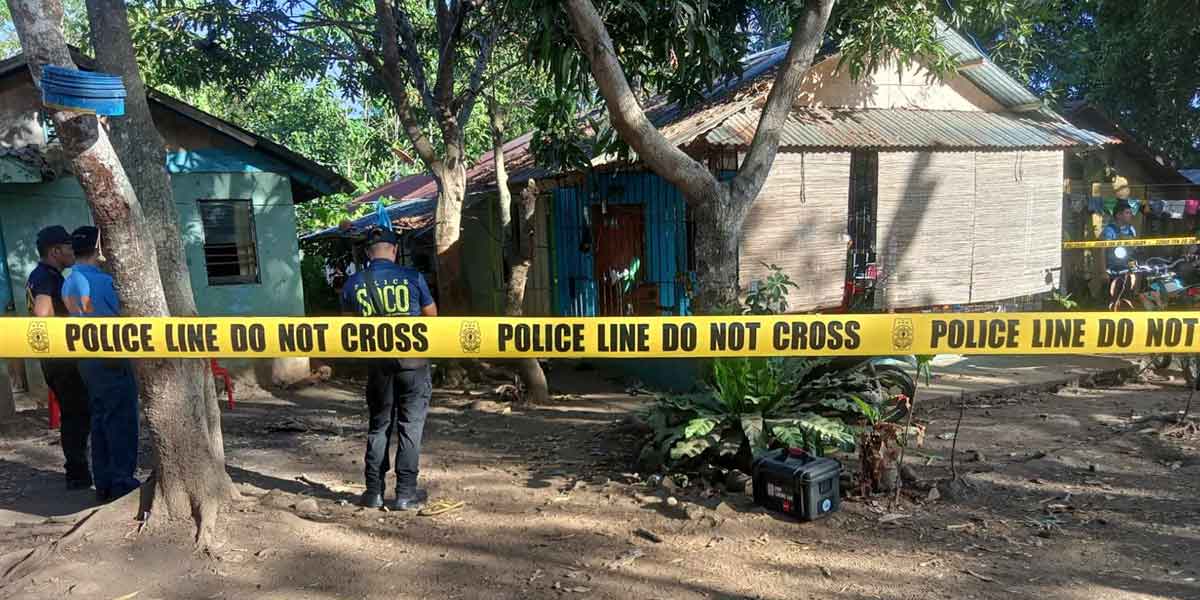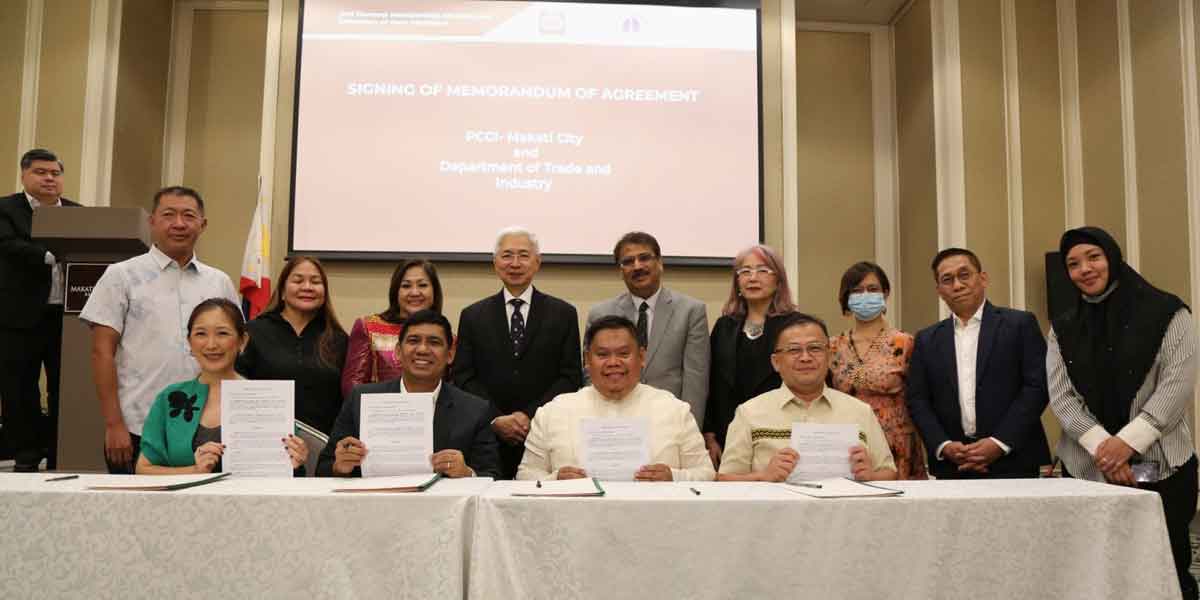By Edmund Tayao
Exactly 125 years and a little over 4 months ago, we didn’t only fight and supposedly won our independence from Spain; experts posit that it was also at that time that the Filipino nation came to fruition.
There was already a civilization before the colonizers arrived on our shores, contrary to some views that there was next to nothing before then.
We may not be a nation then, definitely not a single race inhabiting the islands; but there were communities, and these communities were engaged in trade and communication with the outside world, even among the other communities in the islands.
There is shared history no doubt, as there was a social and political structure in place, which could have evolved as it did in other countries today to be a resolute nation-state.
Nation-states as we know it today are not formed nor forged overnight. Leading states today like the United States, the United Kingdom, Germany, even China, Japan and India started with principalities or numerous states no bigger than cities and governed by a feudal system, or a political setup that is based on a social and economic hierarchy. Wars were then fought including intermarriages of ruling families that led to the formation of bigger political entities as nation-states we know today. Still, you can very well see sociocultural differences among localities in each of these countries as there remain vestiges of the past.
Every Lander or State in Germany, including their residents have a unique character; a native of Milan will see someone from Rome differently and vice versa. All the more interesting to find out is that while history is shared by different peoples in the country, the narrative is different, such that the heroes of one state are antiheroes in another. There are subtle and even not-so-subtle differences among localities even though they now exist as a more unified nation-state.
Just like these countries, the Philippines were composed of island communities comparable to the principalities or city-states of other countries in the earlier days. Some will insist that divisions in the Philippines are more pronounced, considering the different languages in various regions. This, however, does not make the Philippines any less in civilization compared to other countries before the age of colonization. In fact, there are also other countries with similar ethno-linguistic divisions but have become consolidated as a single political entity.
Despite being supposedly superior people and knowing that they came from similar beginnings, Spain and even the US after taking over control saw the locals as barbarians; treating them as such, barbarian. They could have easily acknowledged right there and then that there already were communities at the least in the Philippine islands. Early Filipinos were perhaps barbarians because they worshipped different gods, dressed differently and therefore were completely incongruous to the Westerners. The bias was quite pronounced especially at that time that led to “orientalism”; that anyone and anything that is not consistent with the West is savage.
One thing is clear though, Magellan discovered the Philippine islands, not because it was a new territory and or that somehow it wasn’t there before. Maps were after all deficient at that time, precisely why different countries engaged in various explorations. If the Philippine islands weren’t inhabited, there could not have been a Lapu-Lapu that Magellan had to face. By implication, the people or peoples in the islands at the time of its supposed discovery already had an identity and that they are in fact proud of it. There was political, even socioeconomic consciousness and that a civilization without doubt was already in place.
The existence of a civilization is fundamental especially in making sense of how the country has been so far and what can be done moving forward in pushing for political and economic development. This is of course a grander approach; while this is the ideal, it would entail a longer-term effort to formulate a more comprehensive strategy toward a better, more secured future for the Philippines.
Still and all, civilization or not, we have to ask why we always had the eye of powerful countries. Answering this question is key in determining a more effective approach in dealing with escalating tensions in the West Philippine Sea (WPS). Advancing a deeper understanding of the answer can in turn lead us to a better appreciation of the country’s value and bring about a more independent and effective foreign policy. And the answer is in our being an archipelago; our being a maritime nation. Yes, we are strategically located and thus have security and military value, but this is heightened by our being an archipelago.
Our being an archipelago has systemic value. This is on top of our being in a strategic location, even more than being endowed with rich natural resources. Our strategic location and the key feature that is our being archipelago are key factors that make us important in the region, in the Pacific and even for the whole world. Hopefully this can be given significance in the formulation of critical maritime policies and strategies, that we will not just be focused and limited to the WPS.
The Philippines is the largest archipelago in the world. Others will argue that Indonesia is largest but the Philippines is the only island chain country that is completely bordered as well as divided by sea and ocean. While there are large islands, 3 in all, one can go through by sea from west to east and vice versa. This is a very significant feature that is not given much attention or appreciation, especially in terms of policy. It impacts on trade, transportation, fishing and other maritime economic activity that if made vibrant will not only lead to economic development but will also strengthen security and amity, coordination and collaboration among different peoples and regions of the country.
Before colonization, this particular attribute of our archipelago facilitated interaction between different communities in the island chain. The vibrant trade and interaction contributed to the islands’ economy and synergy, facilitating shared activities and experience and therefore history. Interisland trade means various activities, which deters illicit activities. If only this interisland exchange was sustained, it would be easier to ensure security around the island and even deepen national identity. Whatever the intent of a foreign country therefore, this factor is likely something they have noted that could very well be used to their advantage hence their sustained interest in the Philippines. The WPS is on the side of China while the eastern seaboard is on the side of the Pacific, i.e. Micronesia, Guam and Hawaii that is controlled by the US. Of course, up north is Japan and South Korea, and down under is Australia. We are essentially sandwiched by different international powers and interests. And if we go back in history, how things turned will tell us how this geographic conditions were crucial.
Today’s technology may have provided ease in transportation from far ends of the archipelago, but interaction among neighboring islands have been neglected. Economy wise, this has impeded trade between provinces and regions and as a result, not only prevents the appreciation of local products but also leads to more expensive goods. If one gives much thought for example on the price of oil, it doesn’t make sense why it becomes more expensive the farther you get from Manila. When one is in Mindanao, the price would at least be P5 more expensive when oil can be delivered directly to the region from international source. Oil should then be cheaper in Mindanao. The same can be said of other goods including rice. If only we can take advantage of our natural endowments, of being surrounded by water, regional, even provincial ports can be made more useful and lead to better prices, boosting local economy.
If there is significant activity, economic or otherwise, among island communities, internal, even external security would be easier to manage. These activities entail monitoring from start to end, not only by authorities but also by the companies engaged in trade and transportation. Because inter-island trade is lacking, legitimate activity is lacking, which provides a conducive environment for illicit activities, even including those that threaten national security. What do you think could have sustained the operations of decades-long insurgency in the country? If this characteristic can be exploited by local security threats, there is nothing that prevents interested international parties from doing the same. This is the significance of having porous boundaries for our being an archipelago. Our porous boundaries is a liability if we don’t use it, but it is an asset if we maximize it.
Dr. Fernando Zialcita considers the Pacific as the Philippines’ forgotten neighborhood. Way before the Westerners arrived, there already was interaction between the Philippines and the Pacific, from Micronesia and as far as Hawaii in the East, Yap Islands in the southeast down to Papua New Guinea, and of course with our good friend then and now in the North West, China, especially Fujian and Taiwan. Early trade with China were from this region including earlier settlers. Our experience with them then were very similar to what we are dealing now especially in terms of trade and diplomacy.
There were already exchanges with earlier Asian empires, Khmer, Srivijaya and/or Madjapahit empires. Goods from as far as India and the olden Silk Roads were already available suggesting extensive commerce early on. There was “extensive voyaging aboard outriggers with v-shaped sails, and a diet rich in taro and coconut- all traits shared with neighboring Micronesians with whom Filipinos shared a common Austronesian heritage.” In fact, our being a maritime nation would come in handy for Spanish colonizers as the Manila Galleon Trade was established, which proved to be a lucrative undertaking for them for 250 years.
Sadly, we seem to have lost so much of how it was and who we were before, that much of what we are now are but imprints of our colonial past. While we were under colonial control, we were made to assume that we are a Malay nation, to the point that even our purported heroes denied at some point that natives of the Philippine Islands were in fact Filipinos. Along the way, we lost that original identity before colonization but geography remains. Good thing that no amount of historical change could alter our environment; we remain subject to it that it will always lead us to knowing more of who we really are. The issues that we face now tell us only one thing: to understand more of what is around us and use it to our advantage.





















